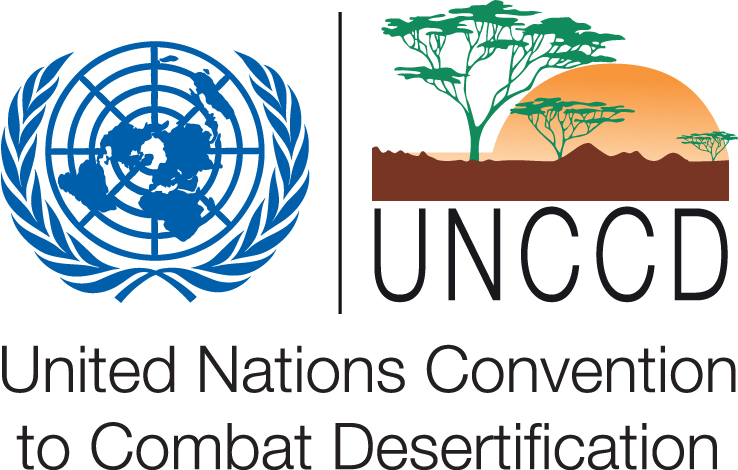Zero Net Land Degradation
Agreeing on a sustainable development goal on land-use at the upcoming Rio+20 summit is a prerequisite for ensuring future water, food and energy security. With the demand for food expected to grow by 50 percent in 2030 and for energy and water by 45 and 30 percent respectively, an additional 120 million hectares of productive land will be needed to support the required food production. At present, each year 12 million hectares of productive land are lost due to land degradation and desertification. Land is under increasing pressure from competing uses for agriculture, forestry, pasture as well as energy production, urbanization and extraction of raw materials, which is often exacerbated by misguided or missing policies. Zero Net Land Degradation can be achieved when land degradation is either avoided or offset by land restoration. The goal includes the following targets: zero net land degradation by 2030, zero net forest degradation by 2030 and drought preparedness policies implemented in all drought-prone countries by 2020. More information http://www.unccd.int/en/programmes/RioConventions/RioPlus20/Pages/default.aspx





